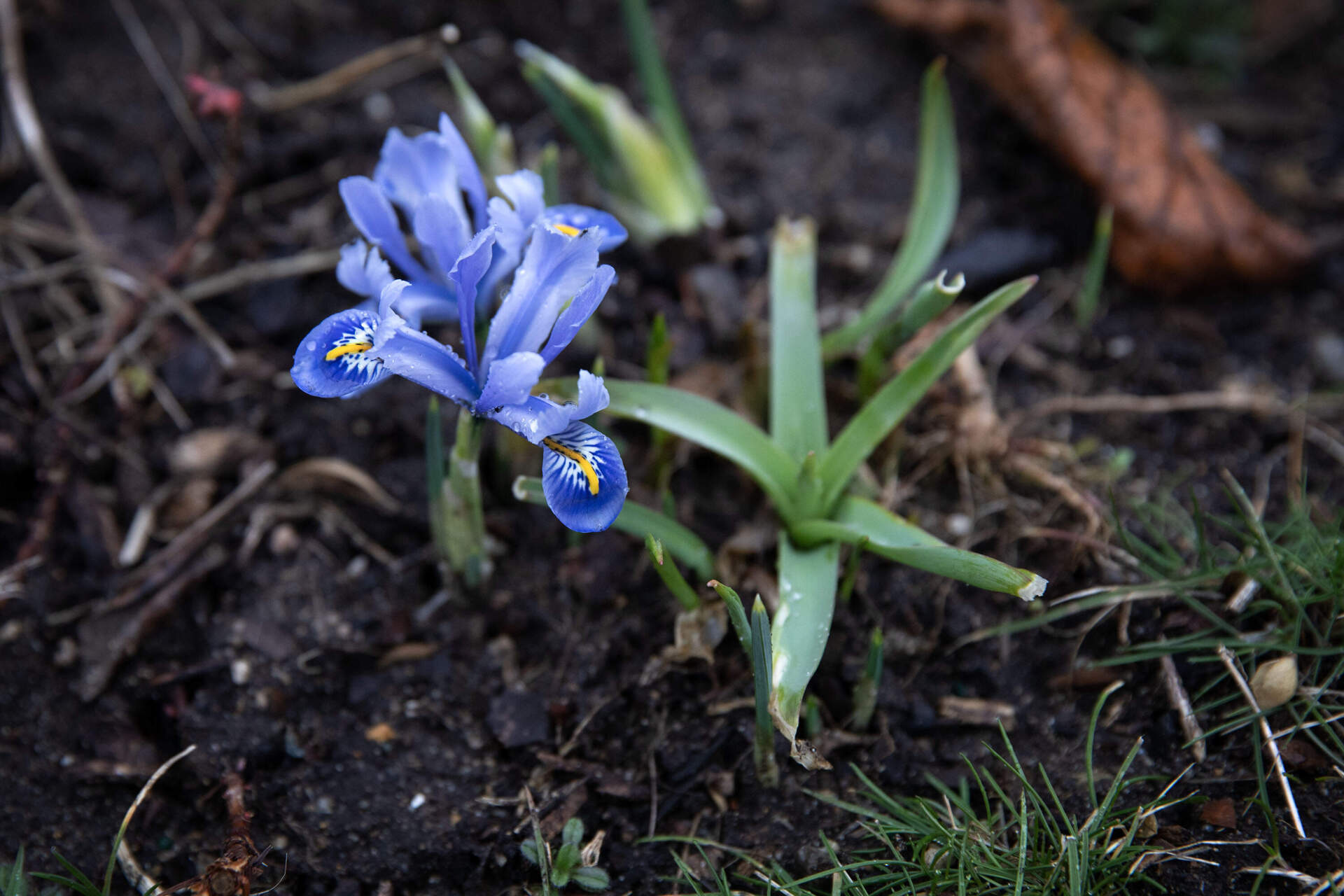Advertisement
Field Guide to Boston
Early blooms at Mount Auburn cemetery highlight climate change concerns
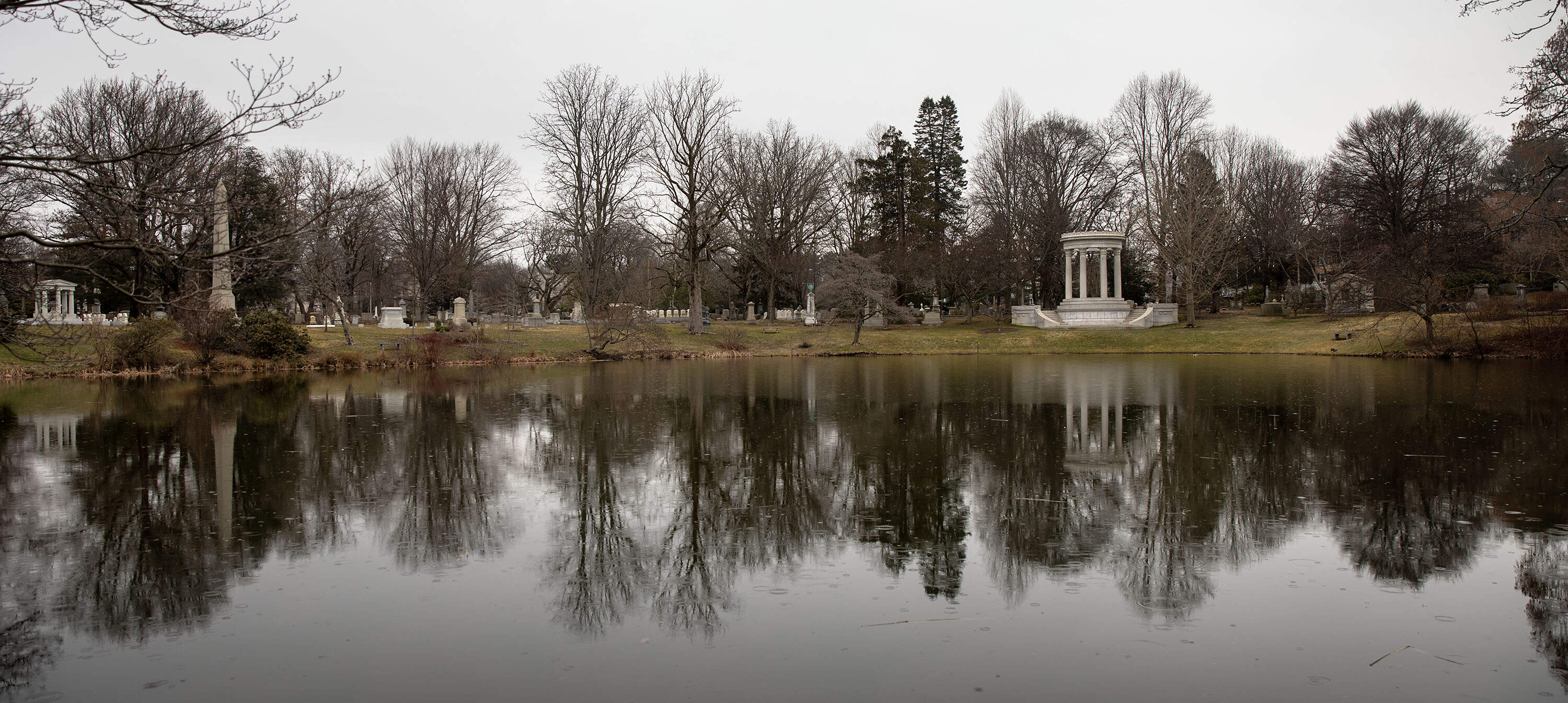
Horticulturists at Mount Auburn Cemetery expressed worries that this year's milder winter altered the blooming or migratory patterns of several plants and wildlife creatures living in the historic garden cemetery.
While spring does not officially begin until March 19, many plants and trees started blooming about two or three weeks earlier than they typically do, according to the horticulturalists.
"We're watching magnolia buds plump out, and we've gotten winter aconite and snowdrops full bloom already on the ground level," said Ronnit Bendavid-Val, vice president of horticulture and landscape at the 175-acre cemetery in Cambridge.
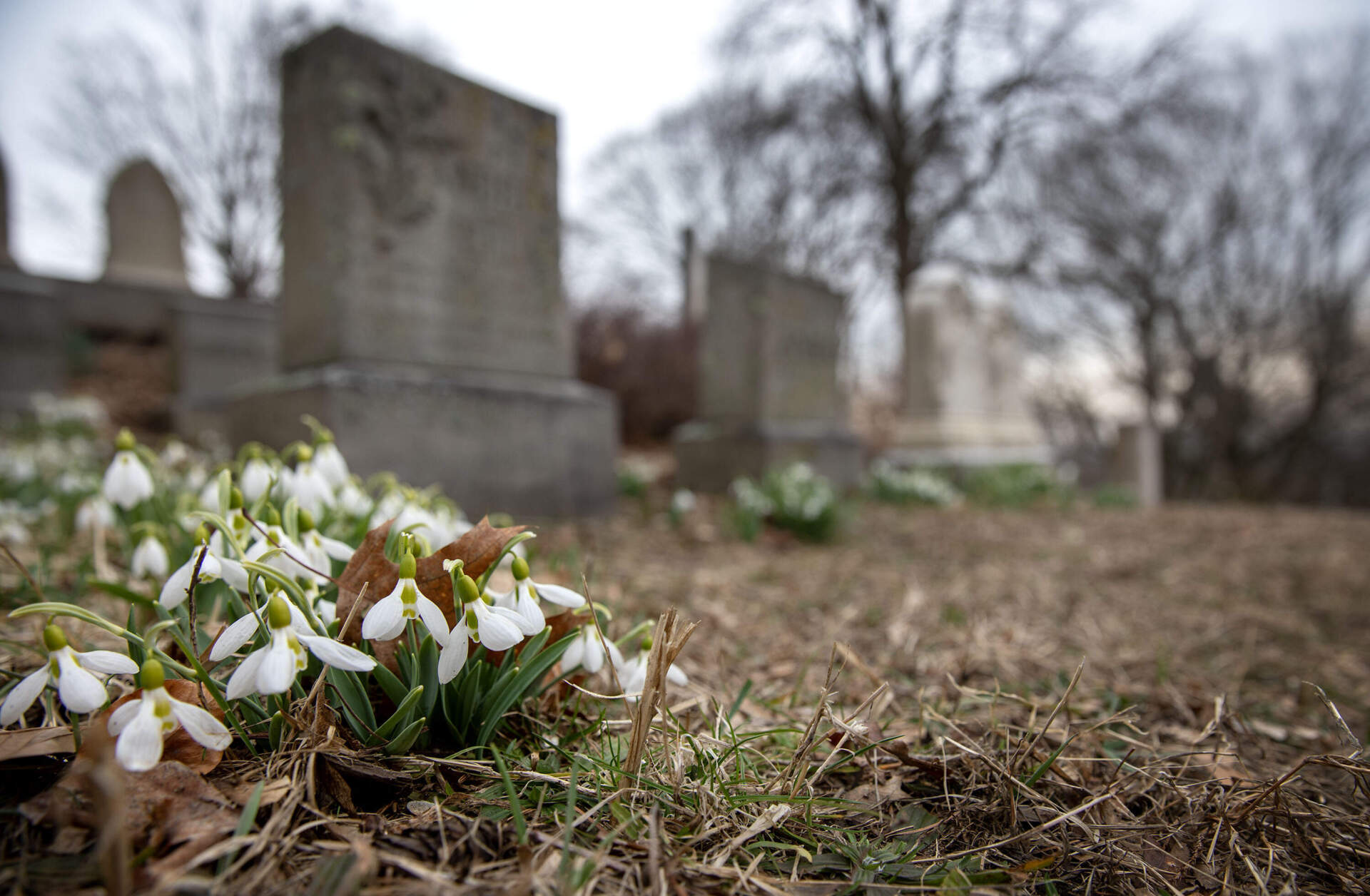
Bendavid-Val said the early blooms raise concerns about how quickly climate change is affecting local flora and fauna.
"The reason that climate change is so impactful in our environment is because it's happening quickly," said Bendavid-Val. "We've had climate changes over the eons of the existence of this very earth, but it usually happens much more slowly. Now, the changes are happening so rapidly that the climate struggles to balance itself."
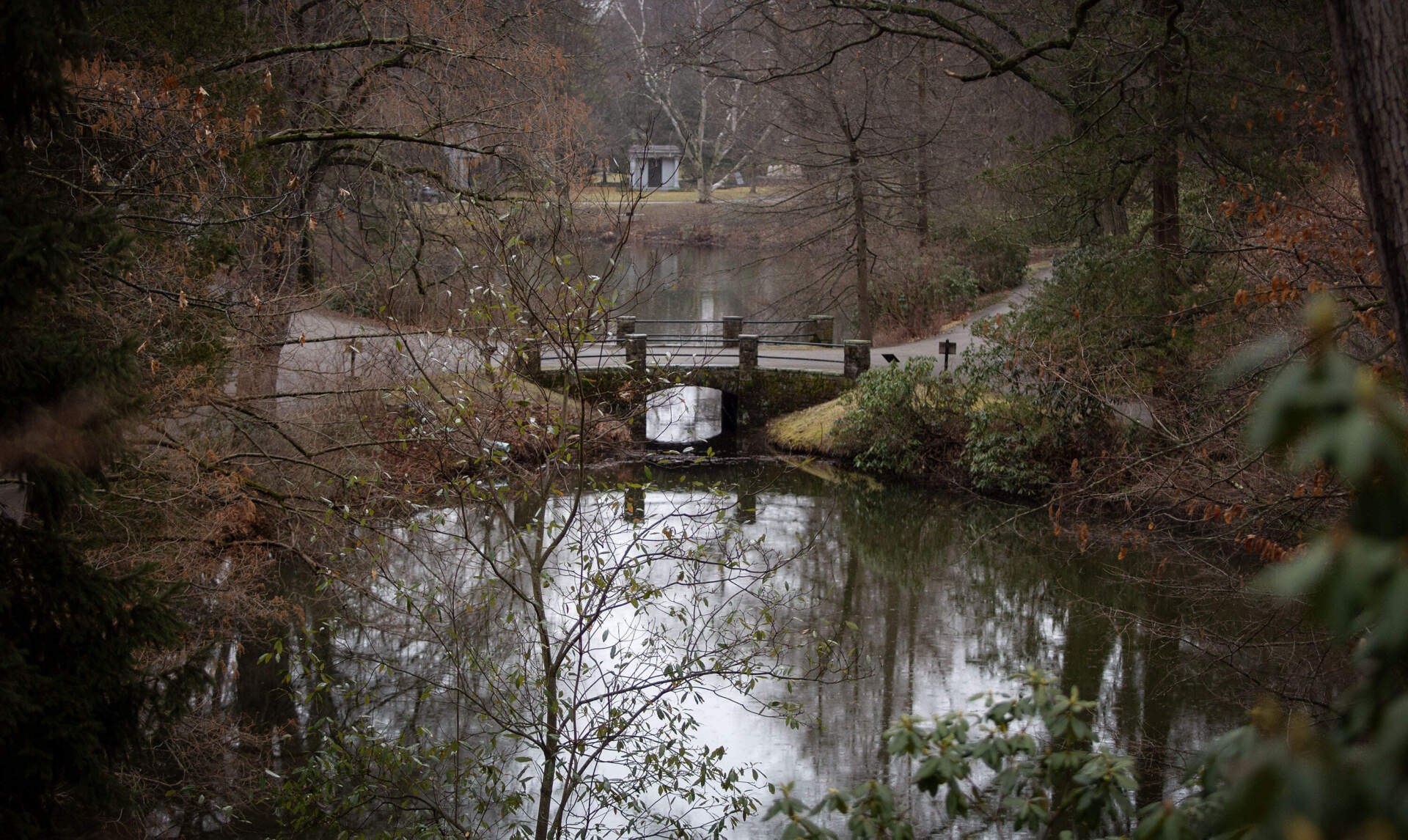
The warming climate already led the U.S. Department of Agriculture (USDA) to update its Plant Hardiness Zone Map, which helps farmers and gardeners determine which plants are most likely to thrive at a given location.
Data from the National Oceanic and Atmospheric Administration show the average temperature in Boston so far this winter was 36.4 degrees, making it the area's seventh-warmest winter in recorded history.
Warm winters can lead to early growth in some plants, but they also can stunt the growth of others.
"If we don't get enough cold in the winter, certain plants will struggle to bloom," said Bendavid-Val. "Certain bulbs need a certain number of cold hours in order to come up out of the ground."
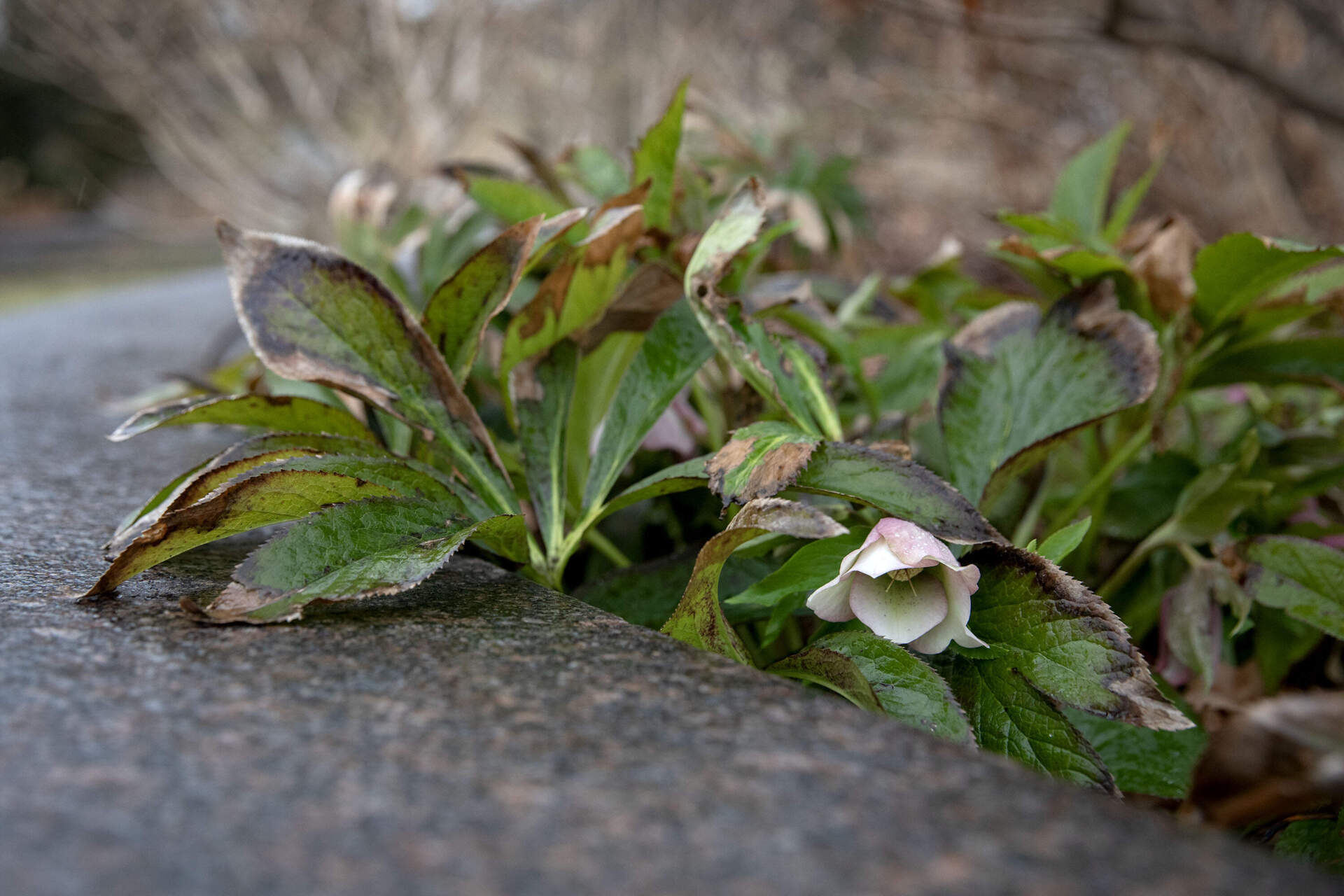
She also noted warm winters can create favorable conditions for problem insects whose populations would otherwise die off in freezing temperatures.
"We may have an upsurge of plant pests the following year, which, of course, affects the plants," she said, "but then subsequently, will also affect the insects and the birds that feed on the insects."
Beyond early blooms inside the gardens, cemetery surveyors also said that for the first time ever, red-winged blackbirds wintered at Mount Auburn instead of migrating south.
These changes, Bendavid-Val said, may seem minor, but can significantly impact the cemetery's ecosystem.
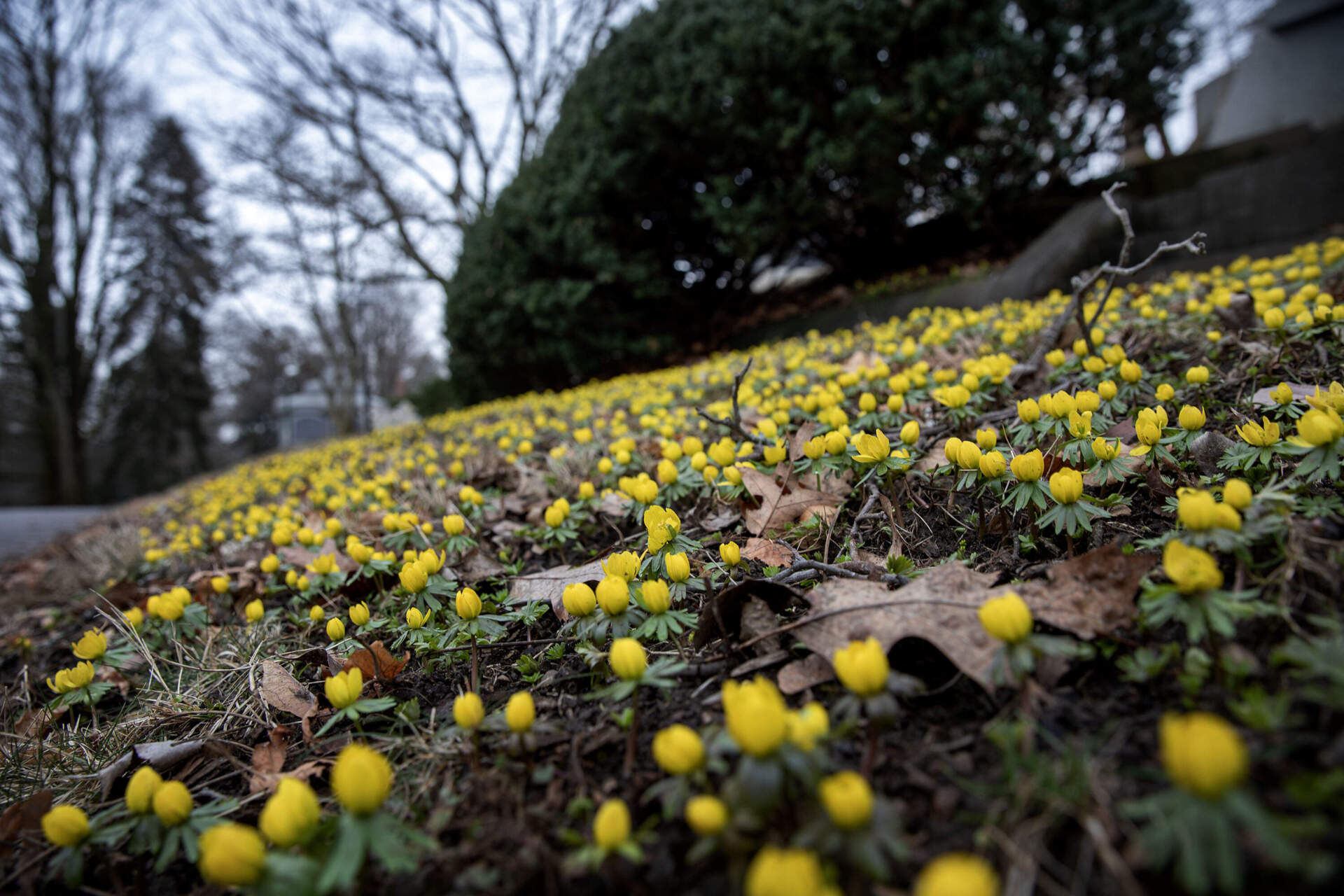
"The plants, insects, and birds all really depend and rely on each other," Bendavid-Val said. "If the birds are already getting affected and stopping [their migration], but the insects are not yet coming out of their winter hibernation, then something gets out of sync."
Bendavid-Val said her team is weighing whether expanding the diversity of plants in the cemetery for its birds and pollinators might help the ecosystem.
